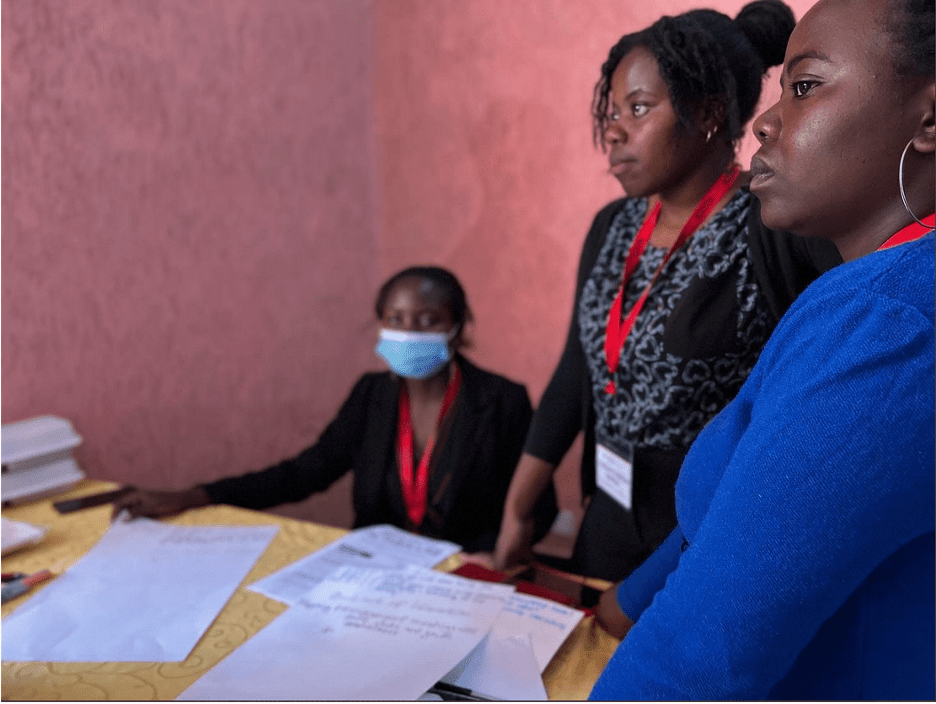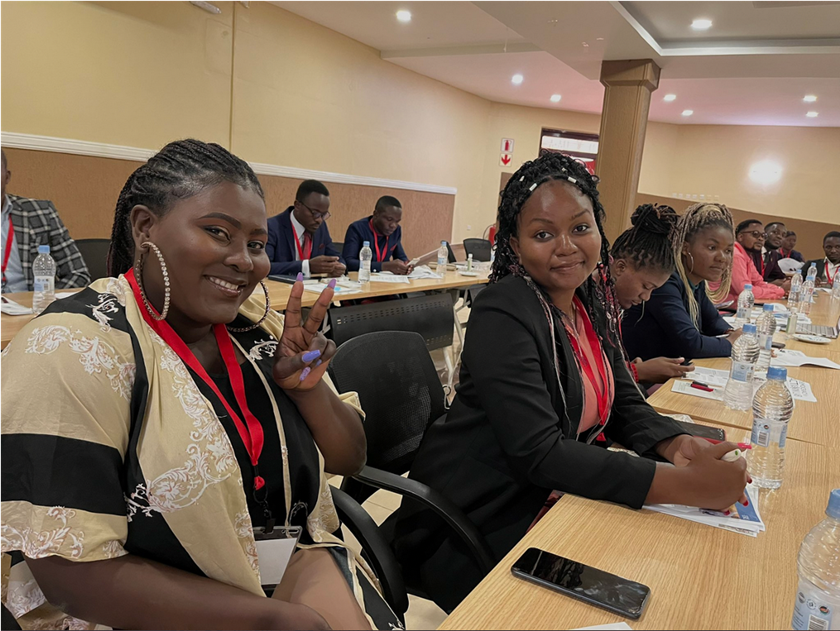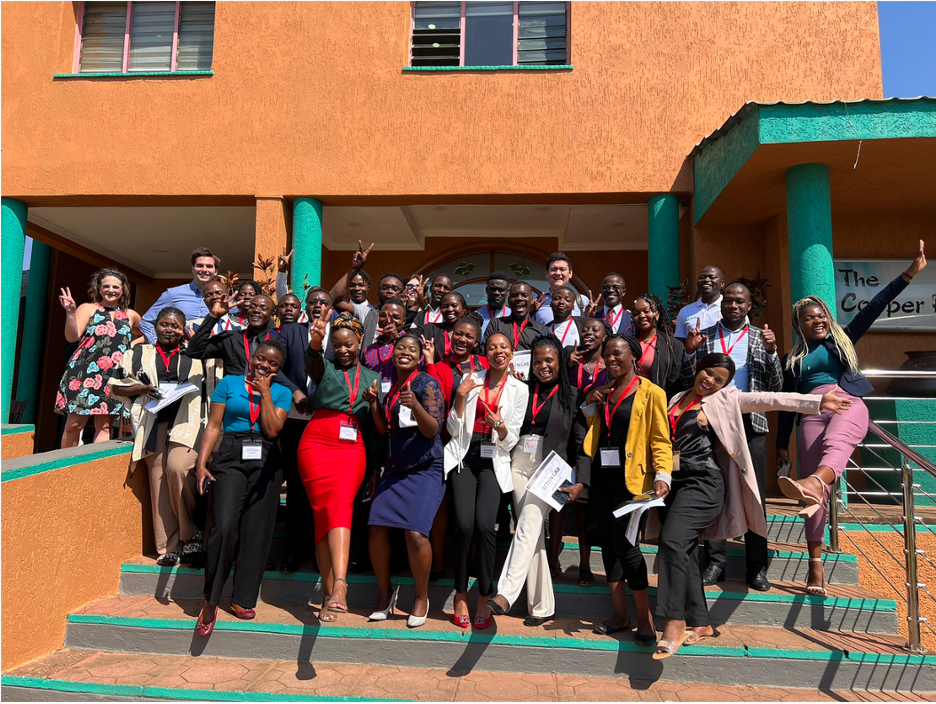Generation Democracy: Young Leaders Meet in Lilongwe, Malawi, to Discuss the Future of Democracy in Africa

Meaningful participation of young people in political and electoral processes is essential for the democratic health of all societies. With this understanding, the International Republican Institute’s (IRI) flagship youth network, Generation Democracy (GenDem), hosted the Democracy in Action Lab in Lilongwe, Malawi, that convened young leaders from across Africa to share expertise in building resilient, democratic institutions and defending civic space.
Africa has the youngest population in the world. Seventy percent of Sub-Saharan Africa’s population is under 30, and it is currently the only region in the world where the youth population is increasing. By 2050, the continent will have the largest number of young people, making up nearly twice the young population of South Asia and Southeast Asia, East Asia, and Oceania. With this growing demographic, governments should adopt more inclusive approaches to incorporating youth voices in decision-making processes, given the enabling environment.
If we invest in our young people, we can be sure of democratic resilience globally.”
– Wellington Bakaimani, Democracy in Action Lab Guest Speaker from Tanzania
Increased youth political participation and representation is more than just a quest for inclusion. It is essential for a sustainable and resilient democracy, especially in the context of growing foreign authoritarian influence across democratic spaces. Creating a platform for sustained dialogue that aids cross-national and cross-cultural learning is vital to empowering and inspiring young people to continue their activism in safeguarding open political spaces.
In pursuit of this goal, GenDem partnered with the Center for Governance and Leadership to host the Democracy in Action Lab in Lilongwe, Malawi, on August 15, 2022. Over 31 young leaders from five African countries (Malawi, Zimbabwe, Tanzania, Nigeria, and Botswana) convened to share ideas on how they have been active members of their democracies.
The Action Lab featured three active GenDem members from Botswana, Tanzania, and Zimbabwe, in a panel session to discuss the status of democratic resiliency in their countries using a strengths, weaknesses, opportunities, and threats (SWOT) analysis model.

The shrinking of civic space is a result of repressive laws. Gagging the media is a threat to youth activism in Malawi.
– Dalisto Magelegele, Democracy in Action Lab Guest Speaker from Malawi
GenDem members presented some traditional, formal, and technological tools used to mobilize others for social change in their communities. Participants had the opportunity to collaborate in small groups to think about how they could solve critical challenges facing young people and democracies across Africa. These solutions were displayed for a gallery walk, and participants were encouraged to independently think about how they could apply these ideas to their community context.

Young people need to be aware of their roles; we must be an active voice in our societies.
– Dalitso Magelegele, Democracy in Action Lab Guest Speaker from Malawi

Politics is the idea of the people; young people need to be motivated to participate in politics because it is our idea.
– Kemo Moatlhodi, Democracy in Action Lab Guest Speaker from Botswana
Increased youth political participation and representation are essential to building stronger democratic societies. Providing more platforms for young people to share ideas and build cross-continental alliances is crucial to inspiring more active participation in civic life. With this understanding, IRI facilitates the exchange of ideas, experiences, and best practices across the world to ensure that youth have a stronger voice in decision-making through GenDem.
About Generation Democracy
The Generation Democracy is the International Republican Institute’s flagship Youth Network that comprises over 300 youth from 81 countries—all of whom are testing, replicating, and scaling new ideas to advance the meaningful participation of youth in decision-making processes.
Through the GenDem network, young people are building the leadership skills needed to become the next generation of democratic actors in their communities and countries, leading to more robust and youth-friendly policies. Generation Democracy is made possible through the support of the National Endowment for Democracy.
Top